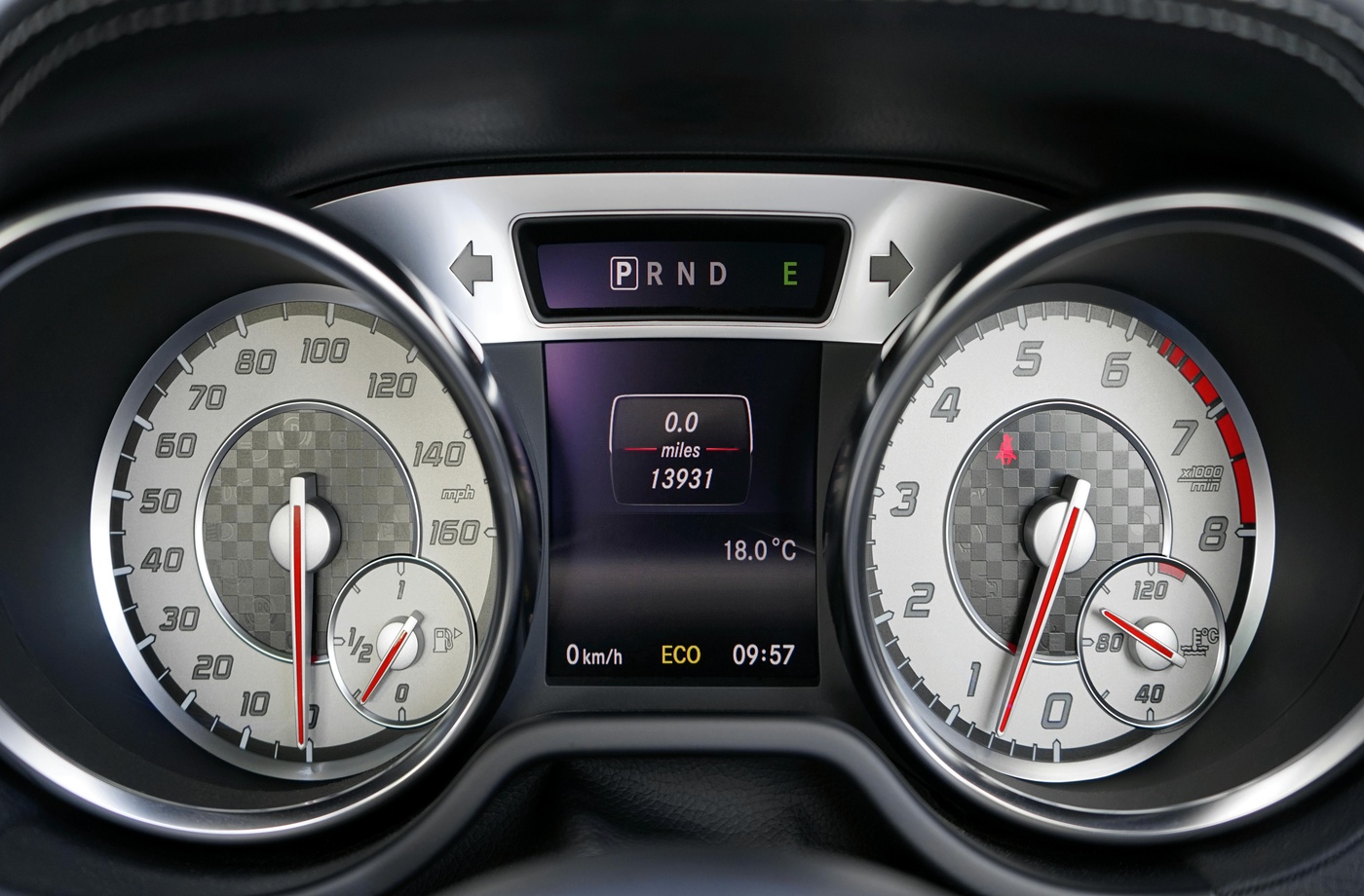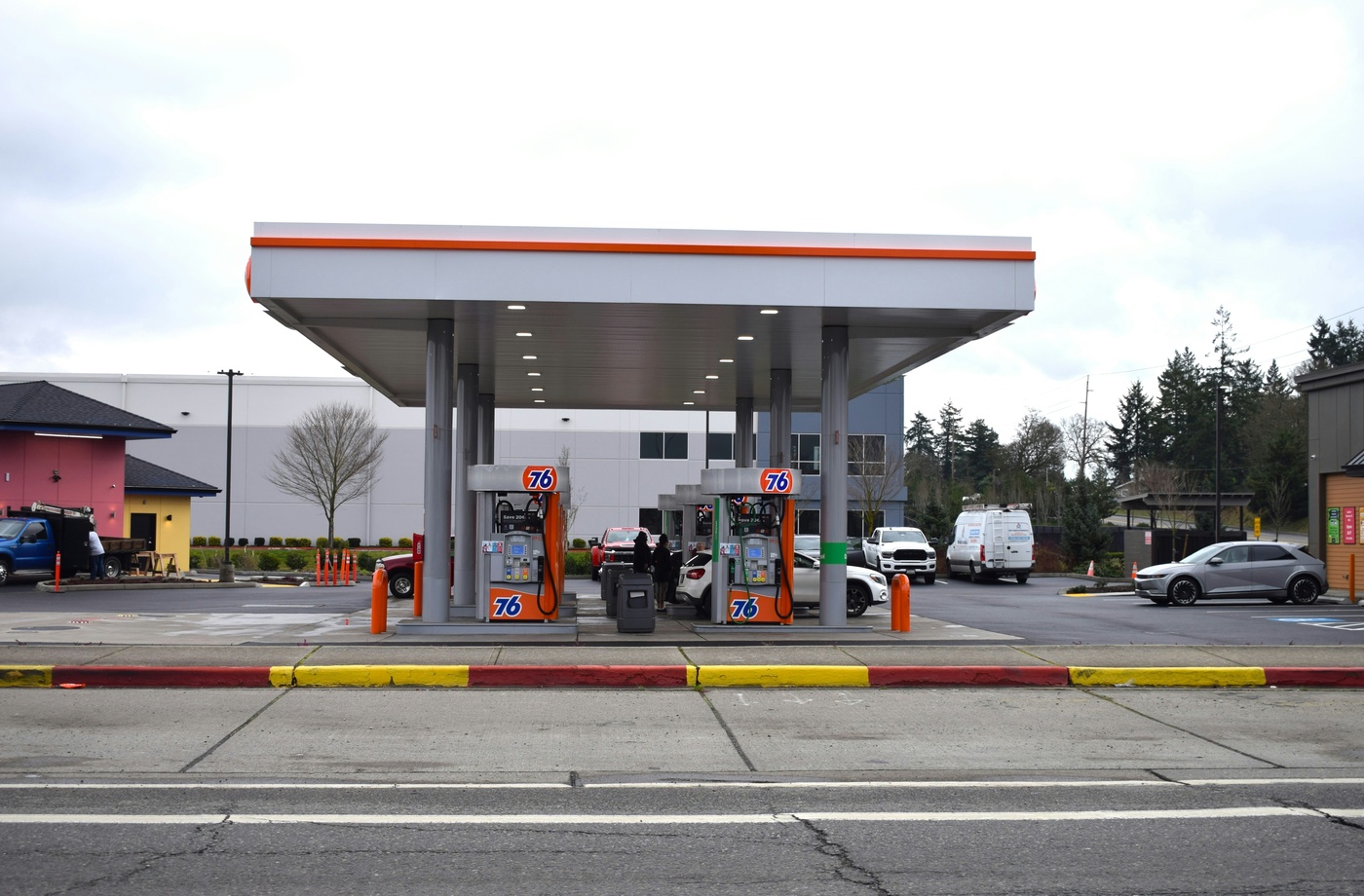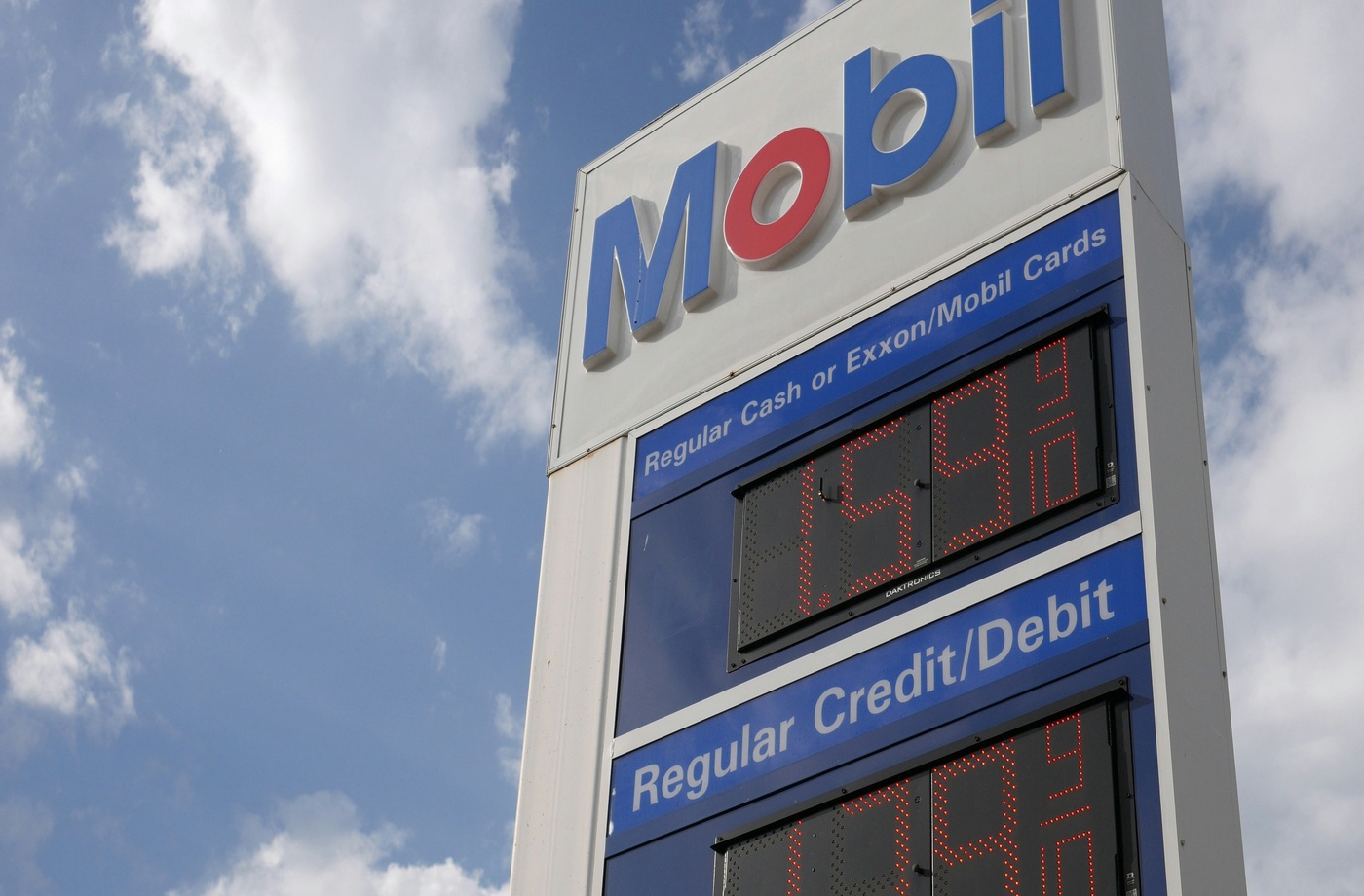As electric vehicles (EVs) become more common on the road, many drivers are wondering: Are EVs really cheaper to refuel than gas-powered cars? While electricity is generally less expensive than gasoline, there are several factors to consider—including charging access, vehicle efficiency, and real-world fuel prices.
Here’s a side-by-side comparison of fuel costs between EVs and traditional gas vehicles.
Fueling Cost: Electricity vs. Gasoline
On average, powering an EV costs significantly less than filling up a gas tank. According to the U.S. Department of Energy, the national average price of electricity is about $0.15 per kWh, while gas prices fluctuate between $3.00–$4.00 per gallon, depending on region and season.
- A typical EV uses about 30 kWh to travel 100 miles
- A typical gas car uses about 3.5 gallons to travel the same distance
- At $0.15/kWh, 100 miles costs ~$4.50 in electricity
- At $3.50/gallon, 100 miles costs ~$12.25 in gasoline
Winner: EVs save around 60% on fuel per mile
Maintenance and Efficiency Considerations
EVs also come with lower maintenance costs. They don’t require oil changes, spark plugs, or transmission fluid, and regenerative braking reduces wear on brake pads. On the other hand, range anxiety, charging time, and limited public infrastructure still deter some drivers—especially those without home charging access.
Fuel Efficiency in Gas Cars
For drivers still using gasoline vehicles, there are ways to cut fuel costs:
- Join fuel rewards programs like Shell Fuel Rewards or Exxon Mobil Rewards+
- Compare local prices using GasBuddy
- Use Fluz to earn cashback at the pump by paying with a virtual card or buying gas gift cards in real time
EV Charging Costs Vary by Location
Charging at home is the cheapest option, averaging $0.03–$0.05 per mile. Public fast chargers, especially networks like Electrify America or Tesla Superchargers, can cost more—typically $0.30–$0.50 per kWh, depending on location and time of day.
Helpful tools:
- PlugShare – Find EV charging stations
- ChargePoint – Network map and pricing
- Electrify America – Fast-charging locations nationwide
Break-Even Point
While EVs have a higher upfront cost, the reduced fuel and maintenance expenses help drivers break even over time. Depending on how much you drive and where you charge, most owners recoup the difference in 5–7 years.
Bottom Line
Electric vehicles offer substantial long-term savings on fuel, particularly for drivers with access to home charging. But even if you’re sticking with a gas car for now, tools like Fluz, fuel rewards, and driving efficiently can help you cut costs at the pump. No matter what powers your vehicle, smart fueling is key to keeping your budget in check.



